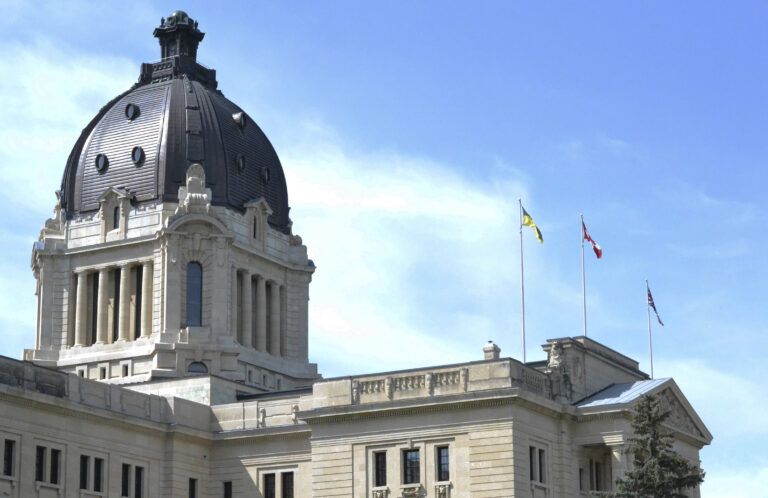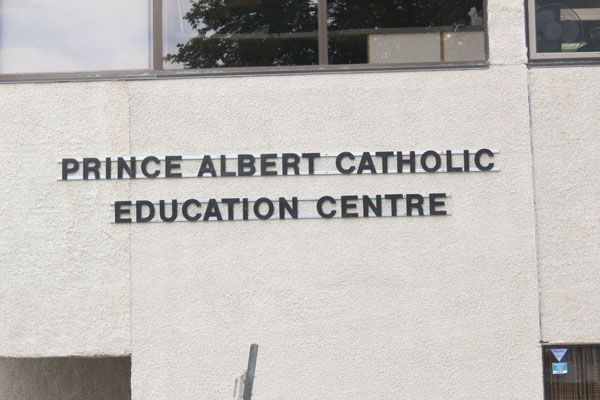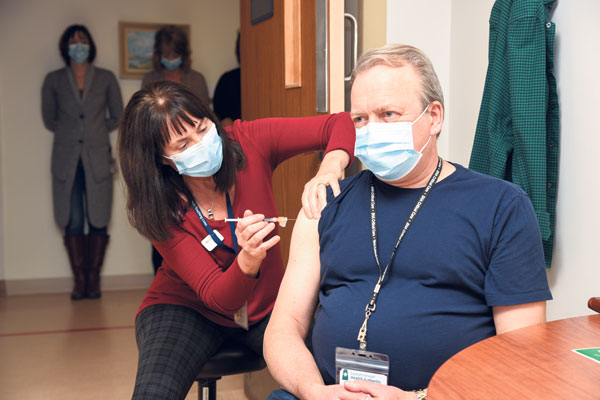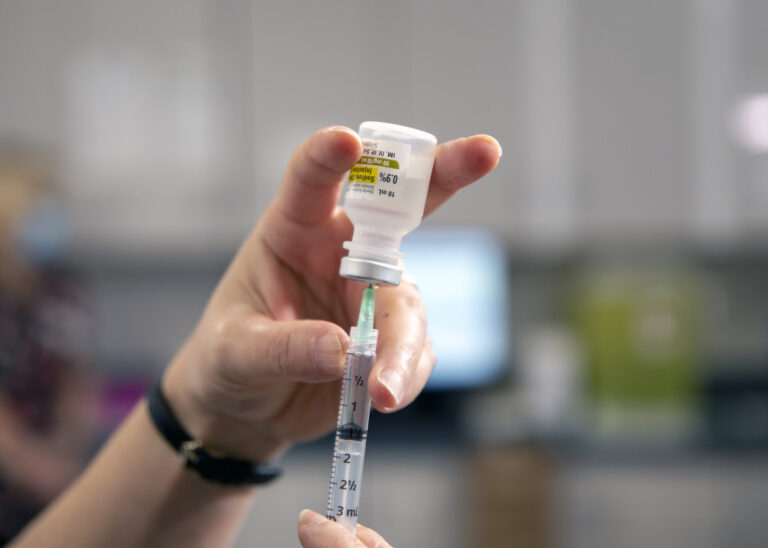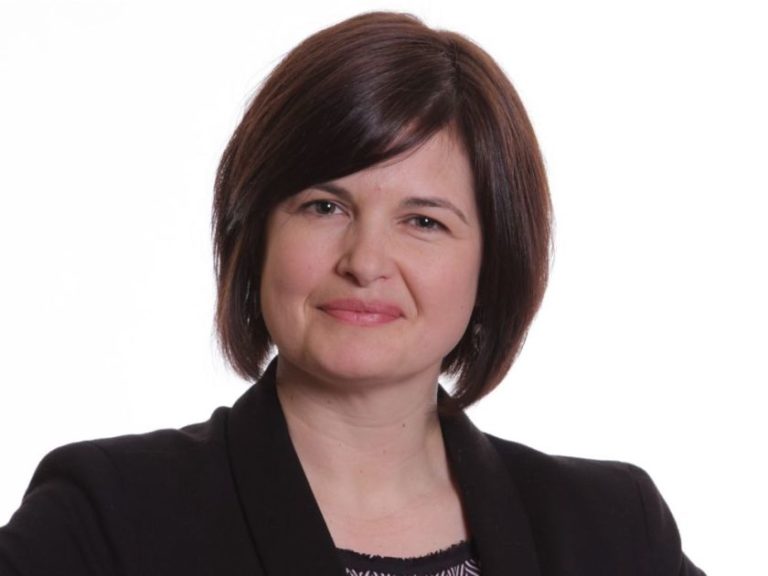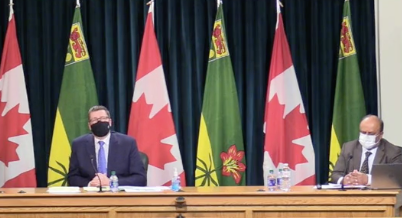On Thursday the opposition NDP joined the call by Saskatchewan Teachers for Premier Scott Moe to keep his commitment to expand rapid testing and immediately deploy rapid tests to schools experiencing outbreaks in communities across the province.
They explained that with upwards of 70% of new COVID-19 cases in the Regina area suspected Variants of Concern (VoC) and 67 school outbreaks in the past two weeks was one reason.
“Last month the premier talked a big game on expanding rapid-testing to schools, but despite rashes of outbreaks in schools across the province, rapid testing still has not been rolled out to help keep kids and school staff safe. Let’s call it what it is. This is a complete abdication of leadership by Premier Moe and his government,” Carla Beck, Official Opposition Critic for Education said in a release.
“We know over the past year schools and school divisions, teachers, superintendents, staff in schools have really done an admirable, herculean task in keeping transmission rates as low as they have been in schools,” Beck said in a Zoom press conference on Thursday.
The NDP requested that the government immediately deploy rapid-testing to schools, particularly in the Regina area, and deploy public health support to relieve school and division staff of contact tracing responsibilities as they manage a situation rapidly spiralling out of control.
She added that the variants are not the same COVID-19 virus as the initial one from last year.
“I know that people are ready to be done, I know that we are getting close to that finish line with herd immunity and vaccines around the province. But it isn’t done and this requires urgent action and not a wait and see attitude from the government and that’s what we are calling for today,” she added.
Over the last few weeks, outbreaks have occurred at numerous schools across the province. Of concern is the recent wave of COVID variants, which have been detected in schools in Saskatoon, Yorkton, Melville and is widely suspected to be the prevalent strain in Regina schools. Their release said that without proper testing and contact tracing, the scale of the problem is going undetected.
Safe Schools Saskatchewan spokesperson Margi Corbett explained that their organization is concerned about the discrepancy in reported case numbers between those reported by the SHA and by school divisions themselves.
“The SHA numbers have consistently been lower than the numbers reported by the school divisions and it’s very confusing when you are trying to make decisions about safety in schools. To have inaccurate data and to know what is actually happening and it’s very nice that Dr. Shahab says all the layers of protection in schools are preventing larger outbreaks, that’s very nice, but teachers can only be so super-heroic, “ Corbett said.
Corbett claimed that teachers are wondering why the SHA is not making numbers public.
“We seem to have about 110 COVID cases in Regina schools right now but the SHA numbers are lower than that.” Corbett said.
She added that her numbers were from the previous day’s report and she didn’t know if the discrepancy was as big as it was. Corbett explained that rapid testing in schools would have an effect on the understanding of what is going on inside buildings.
“They are being told to open windows and to double mask. So many of our classrooms don’t have windows or they have windows that don’t open. So they are getting these suggestions that aren’t very helpful but they are asking for the most helpful thing which will be to have nurse administered rapid testing in schools, not teacher administered. Teachers are already way over-stretched,” Corbett said.
She then shared an anecdote from a teacher.
“Yesterday, for example, there was a teacher in Saskatoon who said the SHA just reported two cases in Saskatoon but I know of seven. So it’s a very confusing time for teachers, they are concerned, they want rapid testing, I don’t know how many times I am going to have to say that but they have been saying that for quite some time now and that’s all I can really say,” she said.
When asked where nurses would be expected to come from Corbett said that is up to the government to solve.
“I would say respectfully that the other option is to close schools,” Corbett said.
Beck added that school divisions are making calls to move to online learning — not the government. She added that contract tracing by principals and superintendents are stretching already thin resources.
“What I am hearing from school divisions and schools is they do want rapid testing but they need support from the government, they need clarity, they need clear language, they need clear direction and they need clear messaging and that’s certainly now what we have seen over the last week in Saskatchewan, in Regina in particular,”
Beck pointed to the loosening of some restrictions last week that had to be pulled back specifically in Regina this week.
“That sort of mixed messaging and that lessening of restrictions has left a lot of people concerned about spread and calling for these further measures and that’s what we wanted to do today,” Beck said.
In a release, the Saskatchewan Teachers Federation echoed similar sentiments and they are calling on the Government of Saskatchewan to take swift action to better protect the health of students, teachers and our communities.
“We’ve heard it from many public health experts – this is not the time to be loosening measures,” said STF President Patrick Maze said in a release.
“Vaccines are rolling out, but we are not far enough along in the process to let our guard down. Relying on other precautions will reduce transmission in schools.”
Maze expresses deep frustration that at least 400,000 rapid response test kits received by the province in early February still are not being used despite Premier Scott Moe conceding that rapid tests should have been deployed sooner and would be available soon, including in schools.
“We are in a public health crisis and should be using every tool at our disposal. We know that approximately 40 percent of youth who contract COVID-19 don’t show symptoms,” said Maze.
“These tests could have been used to fully understand caseloads in schools, emergence of variants and slowed community spread. Instead, we are headed for a third wave and students are once again having their education interrupted.”
Government explains that consultations are ongoing on rapid testing
In a press conference on Thursday, Health Minister Paul Merriman explained that the government is working with their partners in educations such as the Saskatchewan School Boards Association to have all the tools they need.
“We are looking at getting those tests out there has to be a third party that has to able to administer those tests so we are continuing to work with them,” Merriman said.
SHA CEO Scott Livingstone explained that testing capacity remains strong in the province and that schools tend to echo what is being seen at the community level. The relationship between local public health and school divisions strength was also important.
“As well as when there are cases in school we know that the schools are in direct contact with medical health officers locally to get advice. And if there is an outbreak public health is there on site to deal with any concerns and address those concerns as well as arrange testing for students,” Livingstone said.
Merriman said tests are being looked at division by division.
“Some of the school divisions have expressed interest in this but they have to have somebody there to administer the test, it has to be administered in a proper way otherwise we could get a false negative or a false positive,” Merriman said.
Chief Medical Health Officer Dr. Saqib Shahab also emphasised the existing relationships for deployment of rapid tests.
“Right now even through the variants of concern are quite a significant issue in Regina and occasionally they have shown up in other schools like in Yorkton or in Saskatoon,”
Schools are just reflecting transmission in the community and Shahab said that existing safety measures are already working.
“At this point the processes we have had since September are working well and public health is working closely with schools, especially in Regina but throughout Saskatchewan,” Shahab said.

